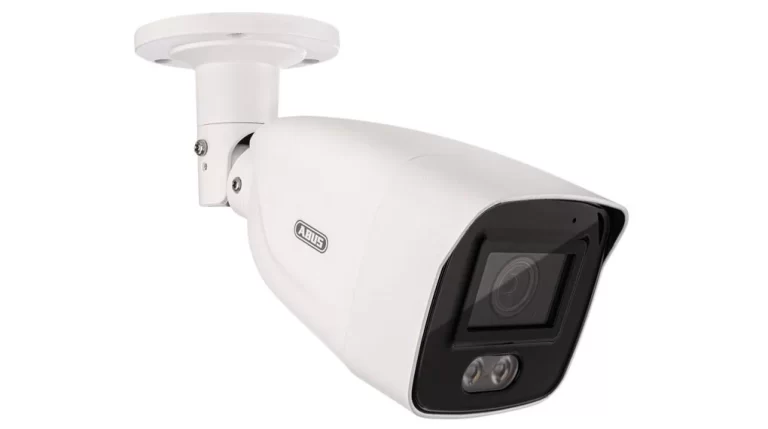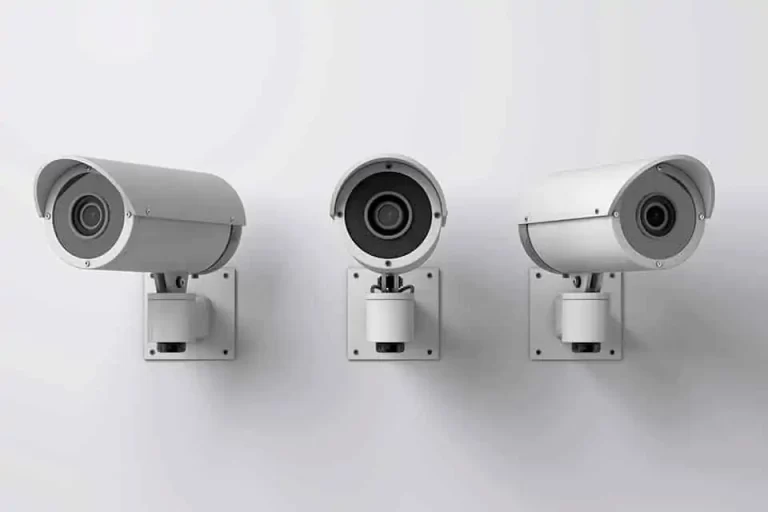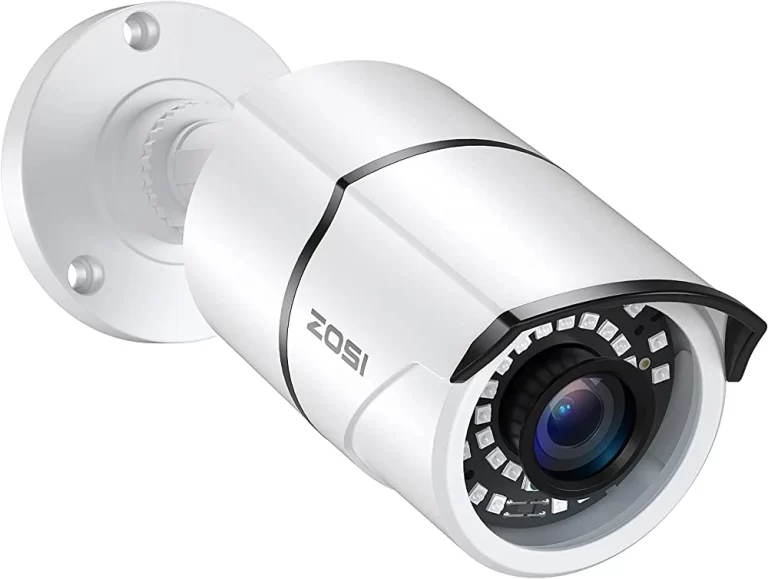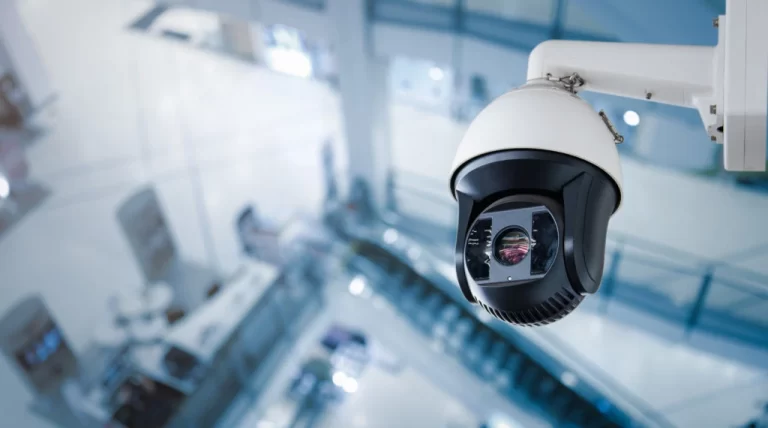Do Wireless CCTV Cameras Need Internet?
Do wireless CCTV cameras need internet? Find out if wireless CCTV cameras need internet connectivity. Explore the benefits, limitations, and alternatives to internet-based surveillance systems.
Discover the key factors that determine the necessity of the Internet for wireless CCTV cameras.
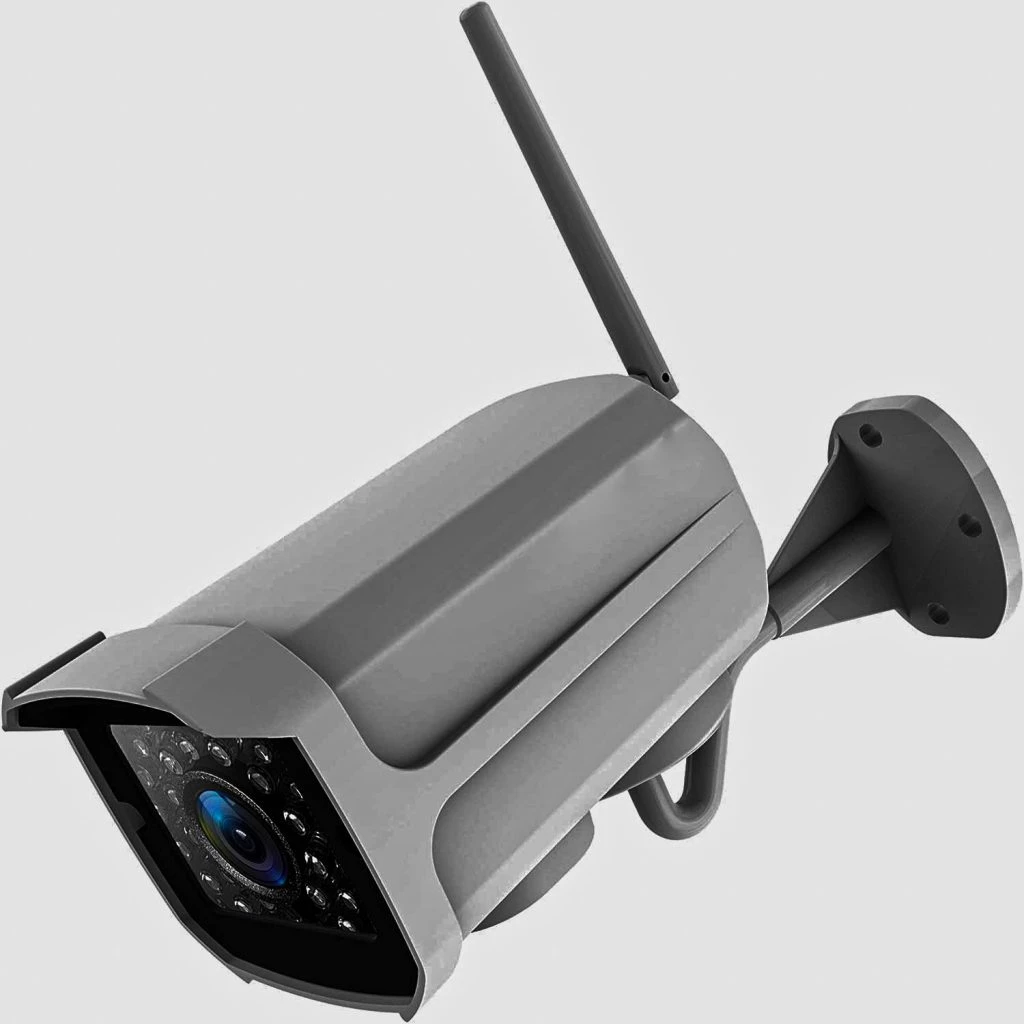
Do Wireless CCTV Cameras Need Internet?
Wireless Closed-Circuit Television (CCTV) cameras have revolutionized the way we monitor and secure our surroundings. These advanced surveillance systems offer flexibility, convenience, and enhanced security.
In this comprehensive guide, we will delve into this topic and provide you with a clear understanding of the internet requirements for wireless CCTV cameras.
Whether you are considering installing a wireless CCTV system or simply want to expand your knowledge, read on to discover the answers.
Benefits of Wireless CCTV Cameras
Wireless CCTV cameras offer numerous benefits over traditional wired systems. These benefits include:
1. Easy Installation: Wireless cameras eliminate the need for complex wiring, making installation quick and hassle-free.
2. Flexibility: You can easily reposition wireless cameras as per your surveillance requirements, allowing for greater coverage.
3. Remote Monitoring: With internet connectivity, you can remotely access and monitor your wireless CCTV system from anywhere using a smartphone, tablet, or computer.
4. Scalability: Expand your surveillance network effortlessly by adding additional wireless cameras to cover more areas.
5. Discreet Surveillance: Wireless cameras are often smaller and less conspicuous than wired cameras, allowing for more discreet surveillance.
How Do Wireless CCTV Cameras Work?
To understand whether wireless CCTV cameras need internet, it’s important to grasp their functioning.
Wireless CCTV cameras operate using radio frequencies to transmit video signals from the camera to the receiver or recording device.
The camera captures video footage and audio (if equipped) and sends it wirelessly to the receiver, which can be a standalone device or a network video recorder (NVR).
The receiver processes and stores the video footage for viewing and playback.
Internet Connectivity and Wireless CCTV Cameras
Wireless CCTV cameras can operate with or without internet connectivity. The necessity of the internet depends on the specific features and functionality you desire from your surveillance system.
Let’s explore different scenarios to understand the role of the Internet in wireless CCTV cameras.
Necessity of Internet for Wireless CCTV Cameras
Here are some necessities for your wireless CCTV camera:
1. Live Monitoring and Remote Access
If you want the ability to monitor your cameras in real time from anywhere, internet connectivity is essential.
With an internet-enabled wireless CCTV system, you can access the live feed of your cameras, receive alerts, and control various settings remotely.
2. Cloud Storage and Video Playback
Internet connectivity allows for seamless integration with cloud storage services. By uploading video footage to the cloud, you can securely store and access your recordings remotely.
Additionally, internet access enables convenient video playback and retrieval through web-based interfaces.
3. Mobile Notifications and Alerts
Wireless CCTV cameras can send notifications and alerts to your mobile devices when motion is detected or specific events occur. To receive these alerts, an internet connection is necessary.
4. Remote Configuration and Firmware Updates
Internet connectivity enables you to remotely configure camera settings, such as motion detection sensitivity, recording schedules, and firmware updates. This eliminates the need for physical access to the cameras.
5. Integration with Smart Home Systems
If you want to integrate your wireless CCTV cameras with a smart home system, internet connectivity is crucial.
This allows for advanced automation, voice control, and integration with other smart devices in your home or office.
6. Online Monitoring Platforms
Enabled wireless CCTV systems often offer online monitoring platforms that provide additional features like advanced analytics, multi-camera viewing, and video management capabilities.
Alternatives to Internet-Based Wireless CCTV Systems
While internet connectivity enhances the functionality of wireless CCTV cameras, it’s not always a mandatory requirement.
There are alternative solutions available for scenarios where internet access is limited or unavailable:
1. Local Storage
Some wireless CCTV systems offer local storage options, such as SD cards or hard drives, to store video footage directly on the camera or a nearby device.
This allows for offline recording and playback without relying on internet connectivity.
2. Wi-Fi Direct
Certain wireless CCTV cameras support Wi-Fi Direct, which enables direct communication between the camera and a mobile device without the need for an intermediate network or internet connection.
This facilitates on-site monitoring and control.
3. Cellular Connectivity
In remote locations or areas with unreliable internet access, wireless CCTV can utilize cellular networks for data transmission.
By using a SIM card and mobile data plan, these cameras can transmit video footage and receive notifications.
4. Point-to-Point Wireless Networks
In situations where deploying internet connectivity is impractical, point-to-point wireless networks can establish a dedicated wireless link between the cameras and a central monitoring station. This allows for local monitoring and recording.
Factors to Consider for Internet-Dependent Wireless CCTV Cameras
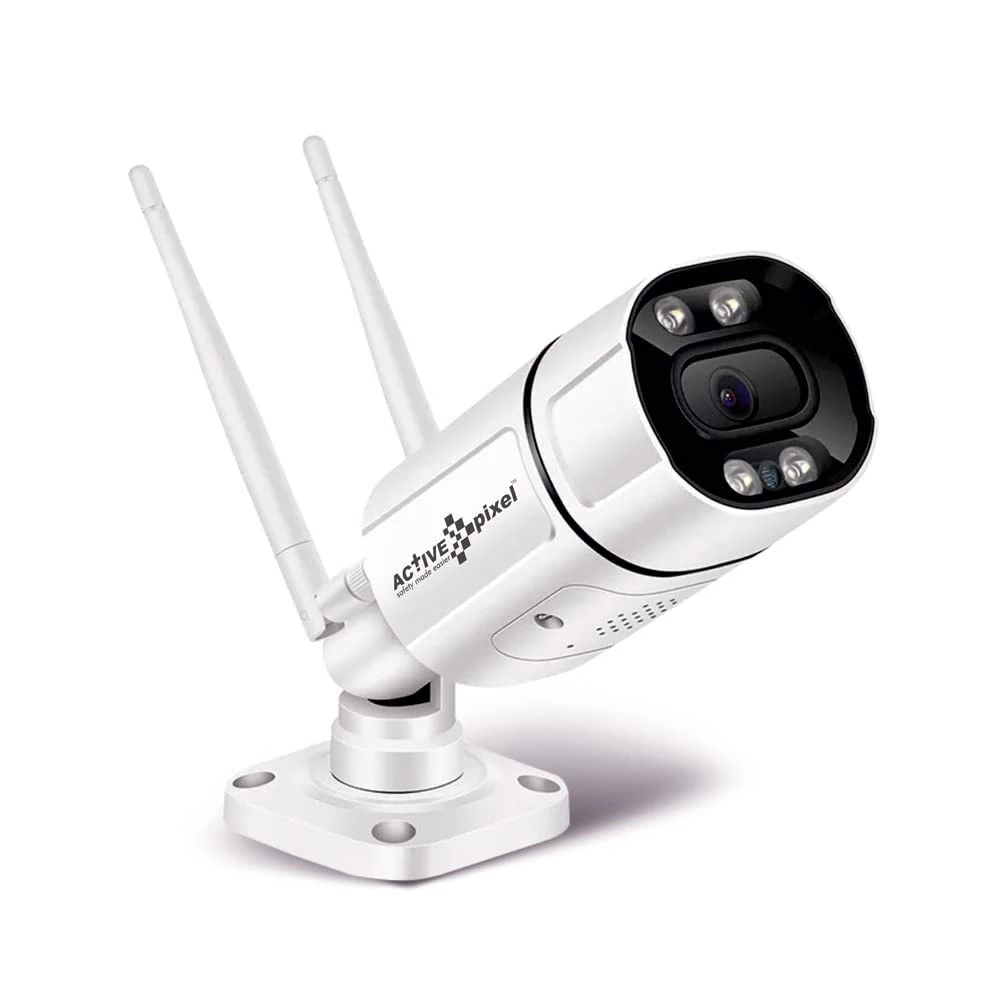
If you decide to opt for an internet-dependent wireless CCTV system, several factors should be considered:
1. Bandwidth and Data Consumption
Streaming live video footage over the internet consumes bandwidth. Ensure that your internet plan can handle the data requirements of your CCTV system without causing network congestion or additional costs.
2. Network Stability
A reliable and stable internet connection is crucial for uninterrupted monitoring and remote access. Consider using a dedicated connection or employing measures to ensure consistent connectivity.
3. Security Measures
As your wireless CCTV system relies on the internet, it’s vital to implement robust security measures to safeguard against unauthorized access.
Use secure passwords, enable encryption, and keep your cameras and network firmware up to date.
4. Power Supply
Wireless cameras require a power source. Ensure a stable power supply for your cameras to operate continuously, especially during power outages.
Overcoming Connectivity Challenges
In situations where internet connectivity is limited or unreliable, consider implementing the following measures to overcome connectivity challenges:
1. Network Extenders and Boosters: Wi-Fi network extenders or boosters can improve the range and coverage of your wireless cameras, ensuring a stable connection.
2. Antenna Upgrades: Upgrading your camera or router antennas can enhance signal strength and improve connectivity, especially in areas with weak or obstructed signals.
3. Ethernet Adapters: Ethernet adapters allow you to connect your wireless cameras directly to the router using a wired connection, bypassing the need for a wireless network.
4. Powerline Adapters: Powerline adapters utilize existing electrical wiring to transmit network signals. By connecting a powerline adapter to your camera and router, you can establish a wired connection over your electrical circuit.
Conclusion
In conclusion, the necessity of the Internet for wireless CCTV depends on your specific requirements and the features you desire.
While internet connectivity enhances the functionality of wireless surveillance systems, it’s not always a mandatory prerequisite.
By considering alternative solutions and implementing appropriate measures, you can still utilize wireless CCTV cameras effectively without internet access.
Evaluate your surveillance needs, assess the available options, and make an informed decision to ensure the security and monitoring of your premises.
READ ALSO!!!

